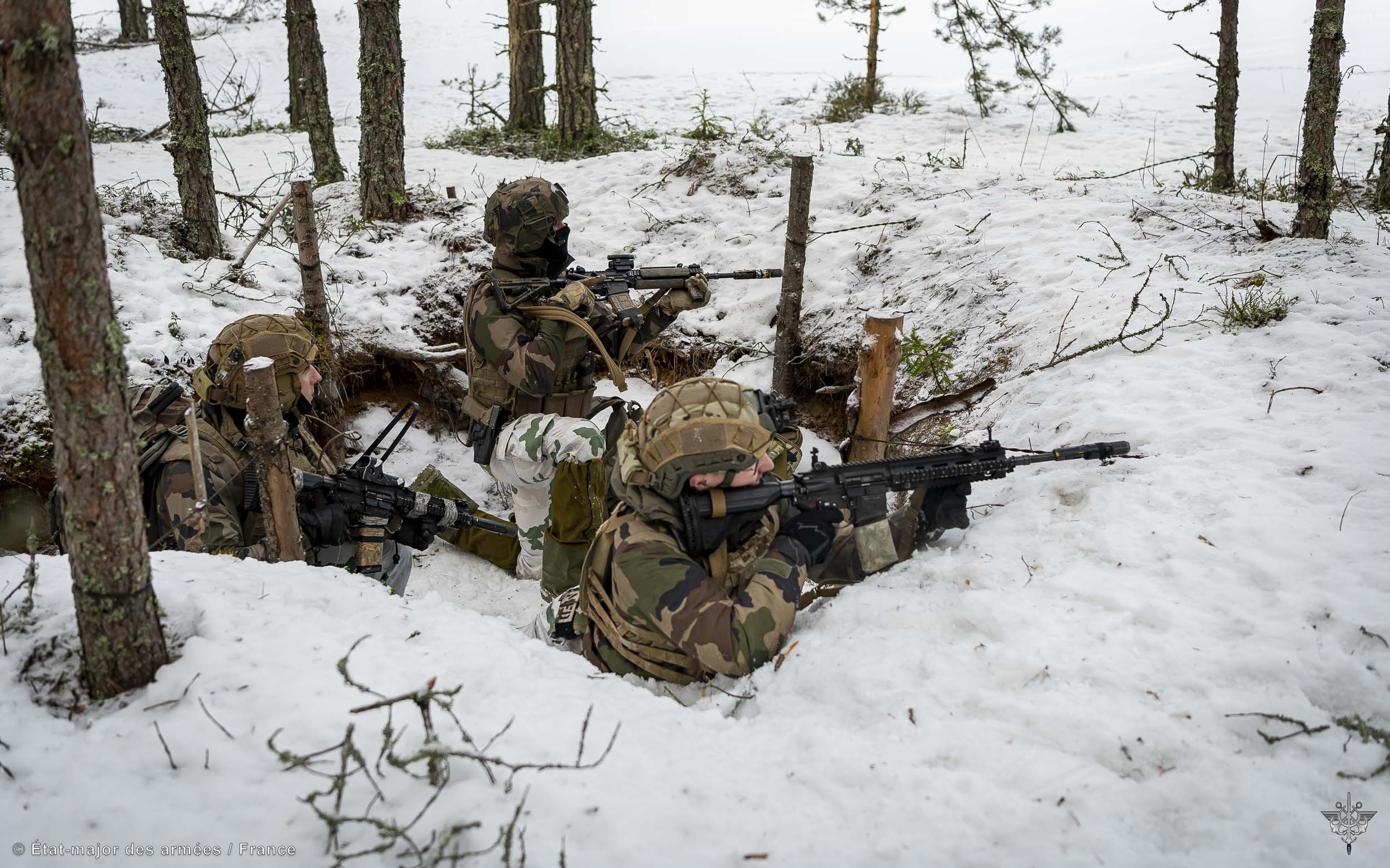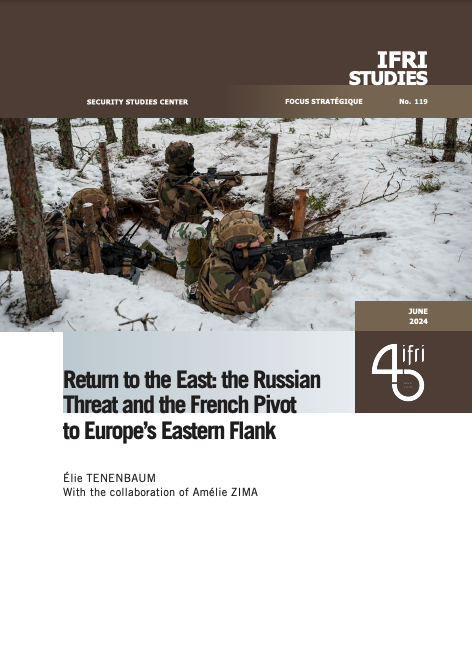Security Studies Center
Heir to a tradition dating back to the founding of Ifri, the Security Studies Center provides public and private decision-makers as well as the general public with the keys to understanding power relations and contemporary modes of conflict as well as those to come. Through its positioning at the juncture of politics and operations, the credibility of its civil-military team and the wide distribution of its publications in French and English, the Center for Security Studies constitutes in the French landscape of think tanks a unique center of research and influence on the national and international defense debate.
Read more


Director of Ifri’s Security Studies Center
Related research programs
Publications
See all our interventions
Flagship Publications
Titre Bloc Axe
Research areas
See all our interventions
Titre Axe de recherche
Wars and Conflicts
The geography and modalities of wars and armed conflicts evolve according to the international system. If irregular wars and asymmetric conflicts persist, high-intensity wars are increasing while crises take new forms under the effect of hybrid threats.
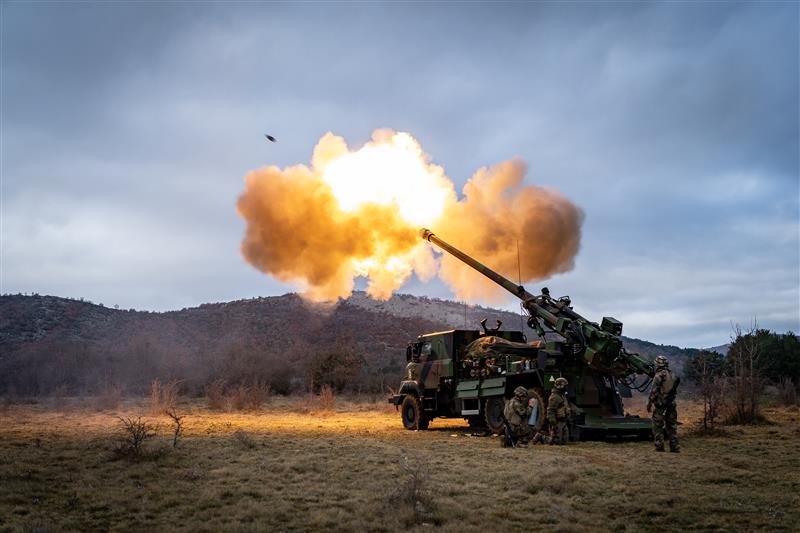
Titre Axe de recherche
International Security and Defense Policy
The analysis of international security issues involves studying the security and defense policies implemented by States in light of the dynamics of cooperation or competition. It must also integrate the role of international organizations and non-state actors.
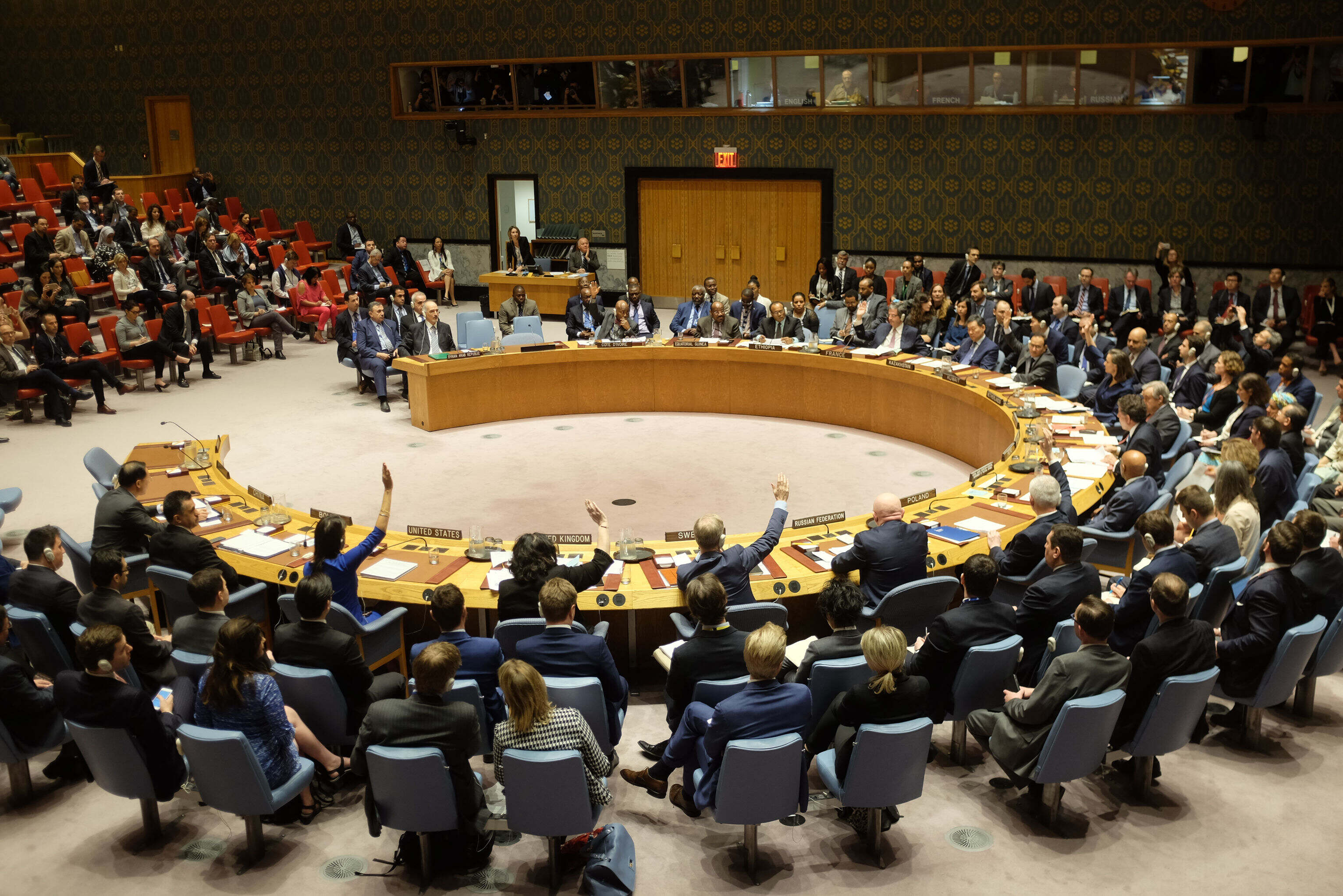
Titre Axe de recherche
Armament and Defense Technology
Contemporary armies are increasingly defined by their ability to innovate and integrate cutting-edge technologies such as cyberweapons, space systems, or even drones and artificial intelligence, which pose new operational and ethical challenges for combatants.
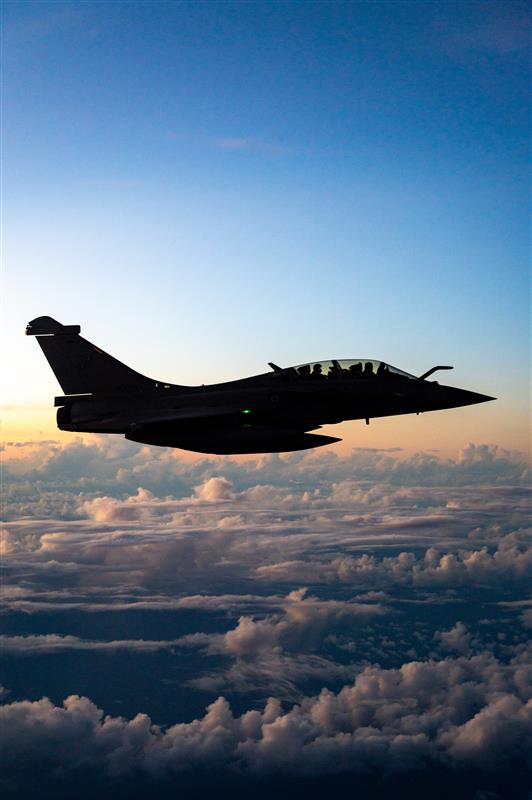
Titre Axe de recherche
Military Strategies and Armed Forces
As military competition increases, armies transform and adapt their strategies. Doctrine, organization, equipment and training are key axes for understanding the evolution of land, air and naval forces.
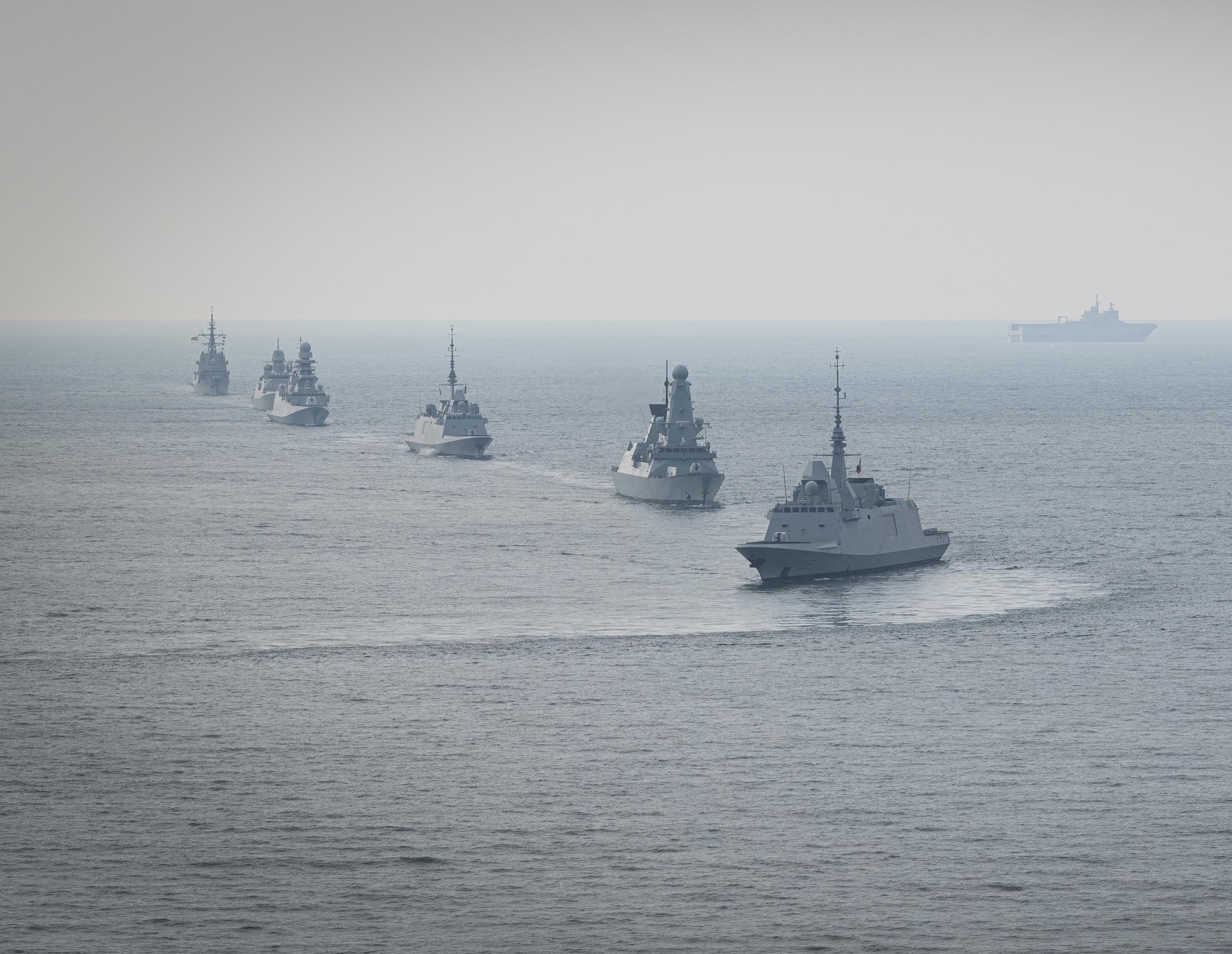
Publications
Unmanned Air Systems: The Future of Air & Sea Power?
Since their early use for primitive ISR and combined operations, UAS have developed into increasingly multipurpose instruments performing a wide array of missions (from limited strike operations, search and monitoring to time-sensitive targeting) and offering new maneuver options to the armed forces.
China's Nuclear Idiosyncrasies and Their Challenges
In many respects, the People’s Republic of China’s nuclear arsenal and posture appear unusual to Western eyes. From its “No First Use” policy to its nuclear warhead storage system, Beijing appears to think about nuclear weapons and their strategic effects in a way that differs with the West in general, and with the United States in particular.
La fin du régiment ? Trente ans de déstructuration de l'organisation tactique régimentaire
The new organization of land forces breaks with a centuries-old tactical order: the regiment. Born out of political constraints that have shaped its history, the regimental order has accompanied the rise of the nation state; the Third Republic, for instance, entrusted it with political, social, and cultural functions.
Drones-tueurs et éliminations ciblées : Les Etats-Unis contre Al-Qaïda et ses affiliés
Armed drones - as they enable targeted killings - are henceforward playing a central role in American counterterrorism.
The IDF on All Fronts: Dealing with Israeli Strategic Uncertainty
Facing threats on all its borders as well as social, economic and religious tensions, the Israeli Defense Forces (IDF) are now under significant pressure in accomplishing their core mission: the survival of the State of Israel.
Tsahal sur tous les fronts : L'armée israélienne dans l'incertitude stratégique
Facing threats on all its borders, as well as social, economic and religious tensions, the Israeli Defense Forces (IDF) is now under significant pressure for ensuring its core mission: the survival of the State of Israel.
Cyberguerre : En quête d'une stratégie
Cyberspace, as a major but intricate field of action, represents both a challenge and a great strategic advantage. At a time when information technology affects all relationships at a global level, states are destabilized by growing dependence on computer data which puts their militaries at risk.
The Primacy of Alliance: Deterrence and European Security
Since the end of the Cold War, the international security environment has been transformed and nuclear weapons have been marginalized in the West. However, the NATO security policies remain almost unchanged: deterrence is still considered as a principle guiding the Atlantic Alliance, even though the actual policy statements lack target, direction and urgency.
Defence Reform in the United Kingdom: A Twenty-First Century Paradox
The context of budgetary constraint offered a strong incentive for the 2010 Coalition Government to improve its management of defence equipment.
Toujours plus chers ? Complexité des armements et inflation des coûts militaires
While French military expenditures have remained relatively constant over the last ten years, equipment production tended to decrease, resulting in capability gaps. This situation highlights the increasing costs of both acquiring and maintaining highly complex modern military equipment.
The Team

Our research fellows: Security Studies Center
Support independent French research
Ifri, a foundation recognized as being of public utility, relies largely on private donors – companies and individuals – to guarantee its sustainability and intellectual independence. Through their funding, donors help maintain the Institute's position among the world's leading think tanks. By benefiting from an internationally recognized network and expertise, donors refine their understanding of geopolitical risk and its consequences on global politics and the economy. In 2024, Ifri will support more than 70 French and foreign companies and organizations.













